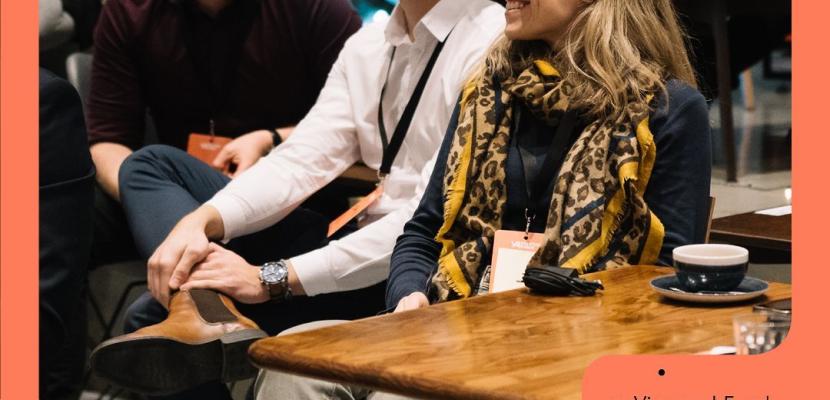
V4 Startup Force – Strengthening the Regional Startup Ecosystem

About this good practice
The V4 Startup Force program, launched in 2018 by Design Terminal with support from the International Visegrad Fund, addresses two key challenges in the V4 region: limited cross-border startup collaboration and increasing brain drain. The initiative strengthens the Central European startup ecosystem by connecting innovative startups with mentors, corporations, and investors from Hungary, Slovakia, Czechia, and Poland.
Delivered via two hybrid bootcamps per year, the program blends online and offline activities. Startups join interactive workshops on sales, networking, investment, and public speaking, led by experienced Design Terminal mentors. These are complemented by 1:1 mentoring tailored to each startup's specific business needs.
Beyond professional development, participants benefit from vibrant networking: online community sessions and offline cultural events held in all four V4 capitals. The bootcamp culminates in a virtual Demo Day where startups pitch to an international jury. The top four are selected to advance to the final phase for further tailored support. In 2024, the program also emphasized peer learning and collaboration—exemplified by a partnership between Dype and BizMachine. Main stakeholders include Design Terminal, 0100 Ventures, DEX Innovation Center, and StartupHUB Poland. Beneficiaries are early-stage startups seeking regional growth.
Expert opinion
Resources needed
Funded by the International Visegrad Fund and partner organizations. Approx. €100,000–€150,000 annually covers program delivery, mentors, travel, event logistics, and staffing from the four partner organizations.
Evidence of success
Since 2018, over 250 startups have taken part in the program. In 2024 alone, there were 120 applicants, 32 bootcamp teams, and 8 final V4 Startup Force teams (2 per country). Of all participants, 92% survived, 46% grew their business, and 25% attracted investment. The program also enabled 54 business meetings per country and encouraged startup collaborations.
Potential for learning or transfer
This cross-border accelerator can inspire similar regional programs. Its success lies in strong partnerships, hybrid delivery, tailored mentoring, and a focus on regional synergy. Its transferability is evident in the organic growth and word-of-mouth applications. Other regions could replicate this model by creating a collaborative structure of local innovation hubs and adapting the hybrid mentorship format. Cross-cohort collaboration, as seen between Dype and BizMachine, also proves the value of building long-term community ties across startups.


